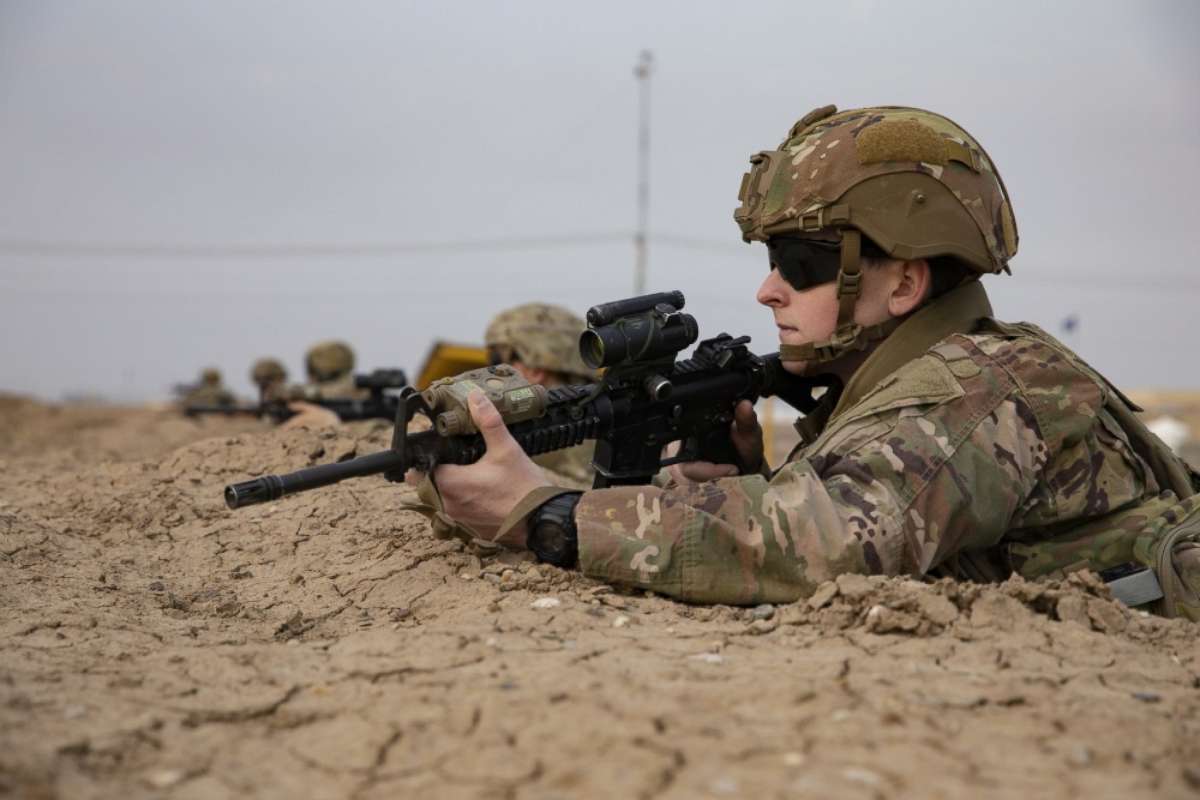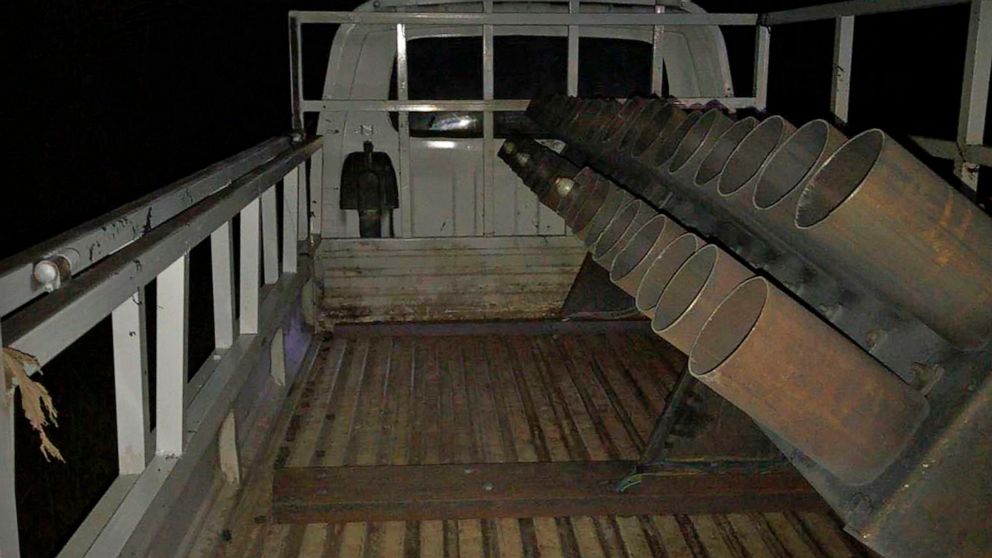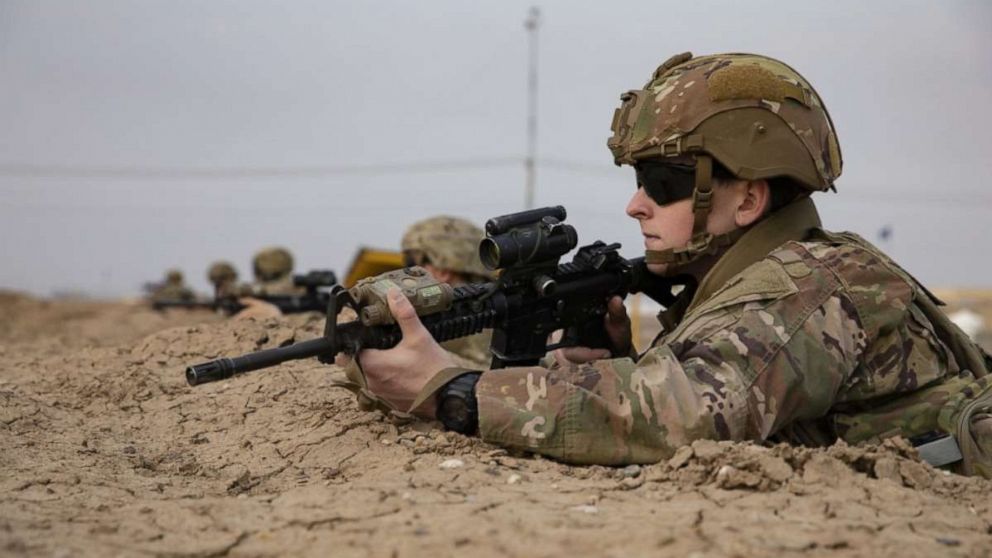US General confident Iraqis will ask American troops to remain in Iraq
The top U.S. military commander in the Middle East is expressing confidence that talks with Iraq will keep U.S. military troops in that country. Gen. Kenneth McKenzie, the commander of U.S. Central Command, visited Baghdad on Tuesday and met with new Iraqi Prime Minister Mustafa al Kadhimi, who has taken steps to take on an Iranian-backed Shiite militia group that has attacked American forces.
"I believe the government of Iraq recognizes the true value that the coalition brings to the fight against Daesh (another name for ISIS) in Iraq, and I believe that going forward, they're going to want us to be with them," McKenzie said in an interview with a small number of reporters.
The U.S. still has more than 5,200 American troops in Iraq, assisting Iraqi security forces as they try to root out the last remnants of ISIS inside Iraq. The United States and Iraq began discussions in June about the future military presence of U.S. troops inside Iraq.

McKenzie believes the talks could result in a smaller U.S. troop presence "as the Iraqis get better at what they do," which is the desired outcome that the U.S. has been working towards in Iraq.
"I don't know what the long-term future is going to be, but I don't sense there's a there's a mood right now for us to depart precipitously and I'm pretty confident with that and we'll continue to work with the Iraqi leadership as we go forward," said McKenzie.
The general praised Kadhimi's recent actions against Khataib Hezbollah (KH), an Iranian-backed Shiite militia responsible for deadly rocket attacks against U.S. forces in Iraq.

A U.S. military retaliation for such attacks late last year spiraled into a series of events that culminated in the U.S. military strike that killed Iran's General Qassem Soleimani’s in Baghdad and Iranian missile attacks against U.S. troops in Iraq. That Iranian attack led McKenzie to move Patriot anti-missile batteries and other countermeasures into Iraq to protect American facilities.
McKenzie said the raid in northern Iraq on a KH outpost was planned and carried out by the Iraqi military from “soup to nuts” and that the new Iraqi Prime Minister needs all the support he can in the effort. That's because taking on the militia also means Kadhimi has to be careful of how Iran could respond to his tough line.
“He’s negotiating a land mine now. I think we need to help him,” said McKenzie.
“It is important that we recognize that Iran by proximity alone will always have influence in Iraq," said Mick Mulroy, an ABC News consultant and until recently the Deputy Assistant Secretary of Defense for the Middle East. " We have to have reasonable expectations on what the Prime Minister can do."
But the threat of rocket attacks against U.S. facilities continues. McKenzie confirmed that this past weekend a C-RAM defensive weapons system brought down a Katyusha rocket headed towards the U.S. embassy compound in Baghdad.
As the talks with Iraq continue in the near future, McKenzie said he anticipates the Iraqi government will continue to maintain the partnership with the U.S. military, NATO and other coalition members currently operating in Iraq.
“The close relationship between the U.S. and Iraqi military not only defeated the ISIS caliphate in Iraq, but is key to ensuring their enduring defeat," said Mulroy.
"This partnership is also critical to the continuing development of the Iraqi military to defend itself from Iran," he added. "It is important that the Iraqi government push back against Iranian-backed militias."




